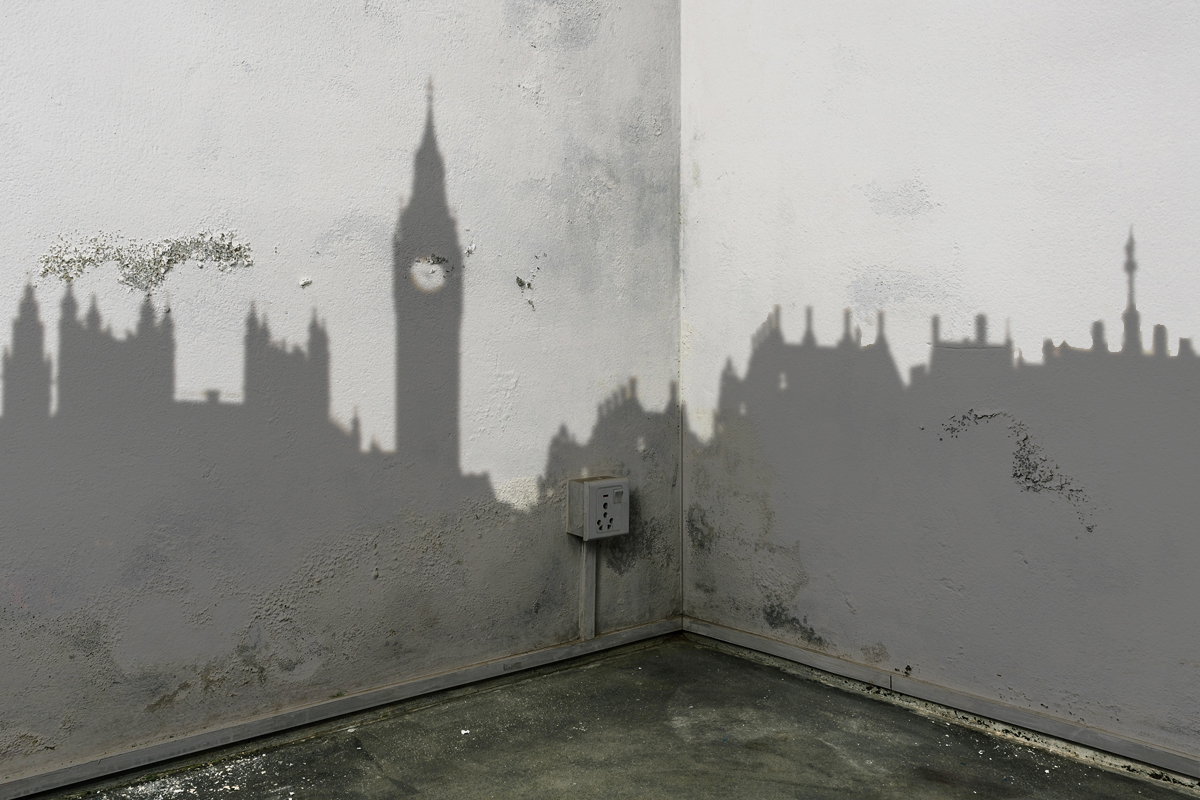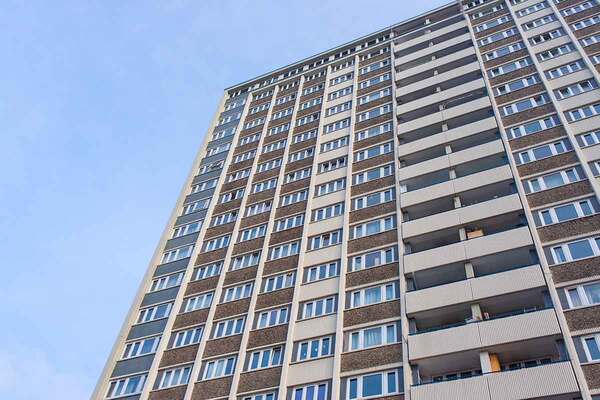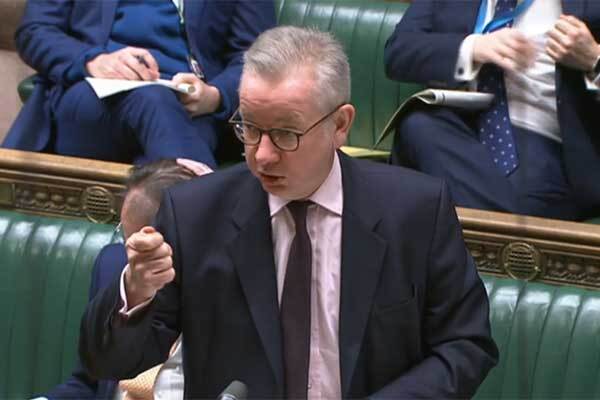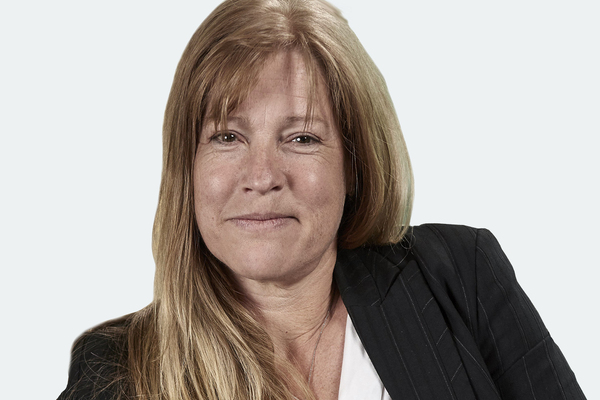Number of homes failing the Decent Homes Standard rises by 130%
The number of homes failing the Decent Homes Standard (DHS) among “private” registered providers in England has risen by 130 per cent year on year, regulatory data has shown.
The data was collected in the Regulator of Social Housing’s (RSH) statistical data return (SDR) of what it refers to as private registered providers (PRPs), which include housing associations and for-profit registered providers.
In 2023, as part of the data collection, the RSH asked large private providers (those owning 1,000 or more social units) a number of new questions about stock quality and energy efficiency for the first time.
PRPs reported 15,576 units that failed to meet the DHS in 2023, an increase of 130 per cent on the 6,781 units reported for 2022.
Reported levels of non-decent low-cost rental stock rose from 0.3 to 0.6 per cent.
The RSH said in its results: “The large increase is likely to be due to the focus on DHS in the SDR survey and our regulatory work with providers, leading providers to assess data quality and reporting.”
The most frequently reported reason for units to fail was not being in a reasonable state of repair (48 per cent).
This was followed by buildings not providing a reasonable degree of thermal comfort (47 per cent), not meeting the current statutory minimum standard for social housing (30 per cent) or not having reasonably modern facilities and services (14 per cent).
The DHS allows for some units to be excluded from the requirements or reporting of DHS compliance due to specific circumstances. These units may have issues which would normally mean they would fail to meet the DHS requirements, but due to their circumstances, which prevent or limit remediation work, are not considered or reported as failing to meet the DHS.
The RSH’s data collected in 2023 suggested that 10,883 units, or 0.4 per cent of all stock covered, were excluded from the requirements and reporting due to their circumstances.
The majority (81 per cent, or 8,801 units) were excluded as the tenant had refused remediation works, while a further 16 per cent (1,777 units) were excluded as they were already scheduled for demolition, so work to remediate was not required.
Sixty per cent of large private providers reported having physically inspected at least 60 per cent of their stock within the past five years, with 30 per cent reporting having physically inspected over 80 per cent of their stock in that time.
Stock quality is a key feature of the new Social Housing (Regulation) Act, which passed into law on 20 July.
Under the act, housing secretary Michael Gove announced Awaab’s Law, to force social landlords to investigate and fix damp and mould in their properties within “strict new time limits”.
Stock quality is also an important theme in the RSH’s consumer standards. The regulator has proposed a Safety and Quality Standard, which would replace and strengthen its Home Standard and require landlords to provide safe, good-quality homes and landlord services to tenants.
However, providers are awaiting clarity from the government on the new DHS, which is under government review, and the timescales of Awaab’s Law.
Elsewhere in the RSH’s SDR, the energy efficiency of large private providers was also reported.
Nearly all (98 per cent) of the low-cost rental units owned by private providers were reported as requiring an Energy Performance Certificate (EPC). Of these, providers reported 68 per cent, or 1.7 million, were EPC Band C or above.
Social Housing understands that the government will launch a consultation on minimum energy-efficiency standards in the social housing sector in England by early next year.
Sign up for Social Housing’s weekly news bulletin
Social Housing’s weekly news bulletin delivers the latest news and insight across finance and funding, regulation and governance, policy and strategy, straight to your inbox. Meanwhile, news alerts bring you the biggest stories as they land.
Already have an account? Click here to manage your newsletters.
RELATED







